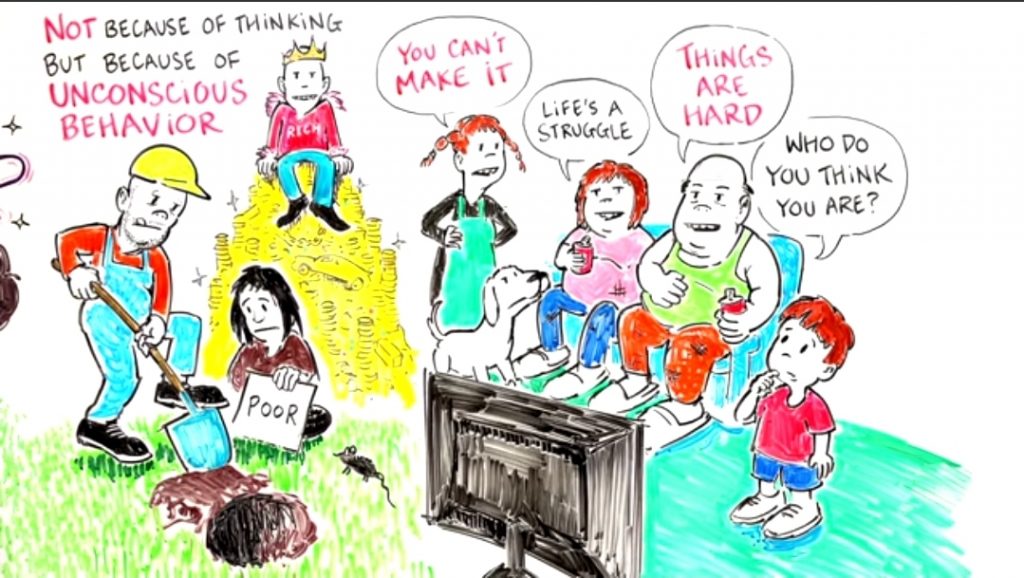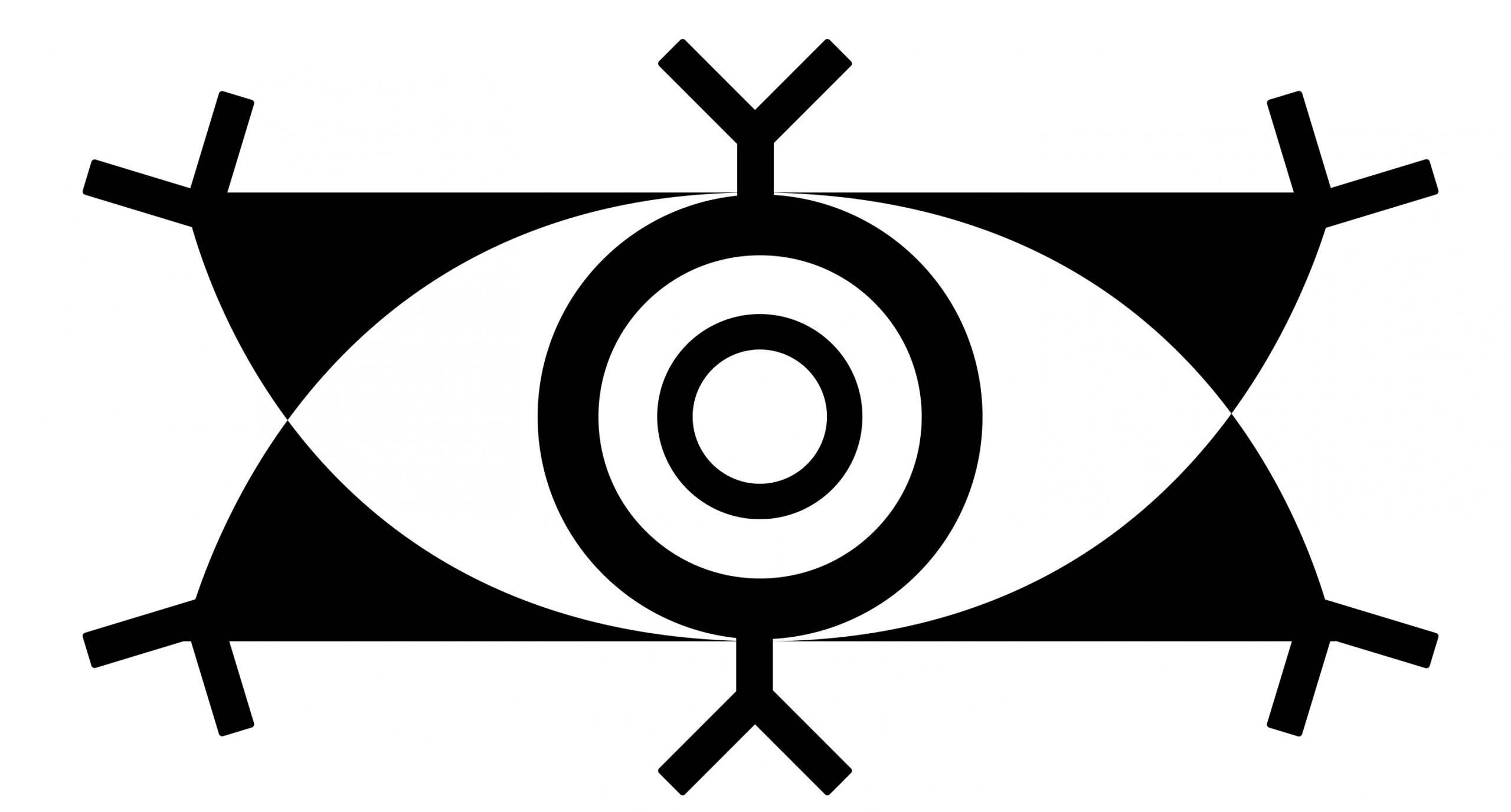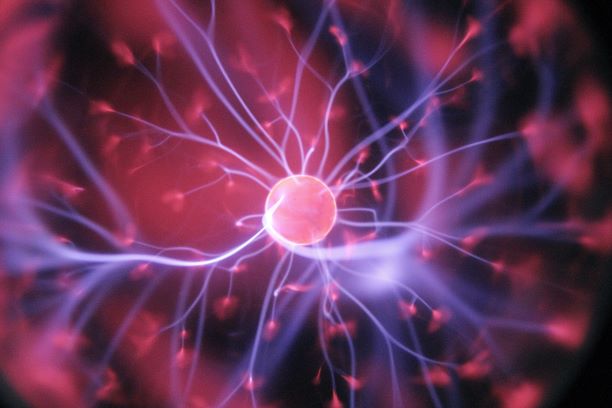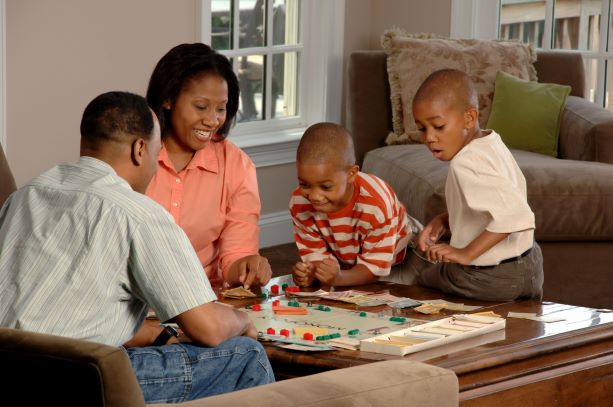The first seven years of an individual’s life is the period when consciousness is being formed and the mind is programmed. Thereafter, from age seven upwards, the individual starts to operate based on the subconscious programmes which inevitably determine 95% of the individual’s behaviour.
It is a fact that during the first seven years of every human, the brain is in a state of hypnosis. It is in download mode. The brain of a child under seven is in a lower vibrational frequency. When you put wires on a person’s head, you can read the brain activity. A child below seven has a lower vibration than consciousness, referred to as theta. Theta is imagination. That’s how kids play house and bake cakes with mud – but to them, it’s a real thing. A kid rides a broom, and to him, it’s a horse. Theta is that state of imagination. Theta is also hypnosis.
The mind of every human is a clean slate at birth. So before you can become conscious, if you don’t have any programmes, what are you going to be conscious of? So nature makes the first seven years the period when the mind is programmed.
Why do we need to be programmed?
Every society has rules and in other to be a functional member of any society, any new addition to the society needs to be aware of these rules in order to survive and excel. The child soaks up all the rules, ways and means of living in the society around him. All these are programmed into the mind and serve as the reference point in interacting with people, things, issues, opportunities and challenges around the individual.
Theta is hypnosis. You just watch your parents or watch your siblings and your community because you have to learn the many rules required to be a functional member of a family and a functional member of a community. The first seven years is the most critical in an individual’s formation. The child just has to observe it and just download it.
How does the programme determine life outcomes?
It is an established fact that if you come from a poor family, the chances are greater that you could struggle your whole life to get rich and not make it but if you come from a rich family, the opposite is the case even if you are stupid your whole life. This is because an individual’s interaction with people, things, situations, challenges and opportunities are determined mainly by unconscious behaviour that has been programmed into the mind.
Kids that are raised in rich families have the privilege of being around parents and relations that make the right moves with respect to wealth creation and turning challenges into opportunities. They soak it all up in the first seven years and thereafter, they succeed not because they were thinking but because of the unconscious behaviour that was downloaded from rich families into kids. Kids raised in rich families make the right moves unconsciously.
The same thing with poor people. Poor people have beliefs from the family. The child is raised with the usual ‘poverty-worldview’ – “Oh, you can’t make it”; “life’s a struggle”; “things are hard”; “Who do you think you are?” This type of self-sabotaging programming is what the kid raised in poverty receives 95% of the day.

That is why poor people stay poor and rich people stay rich – because of the programming.
95% of our life, as a matter of fact, comes from those programmes in the subconscious. Every day only about 5% of your life is based on the conscious and that is the creative part of your life.
In other words, you only live 5% of your life even though you think you’re living your life. The 95%, you don’t see because it’s called subconscious (below conscious).
For 400 years, the Jesuits have boasted – “give me a child until it’s seven and I will show you the man”. They’ve been saying that for 400 years because they knew that seven years was the programme period and 95% of your life after that will be whatever that programme is.

Your life is a reflection of your subconscious behaviour. So you do not have to look far to understand things that happen in your life. I just say look at your life. The things you like, that come into your life, come in because you have a programme that supports them.
What about the interaction between nature and nurture?
The idea being put forward in this article does not dispute the role nature places in the development of the mindset of an individual. It is however important to note that the child is most likely to be raised and therefore programmed by people that share genes with the child. Thus the impact of nature in the programming of a child’s mind is usually self-reinforcing.
Why are you working so hard without results?
The things that you struggle with, the things that you work so hard at and put a lot of effort into making happen – are because you have a programme that doesn’t support that conclusion and you’re trying to override the programme.
So you don’t need to do psychological analysis or spiritual cleansing to understand why you are struggling. You just look at your life and ask where am I struggling? This is because wherever you’re struggling, there is a programme in your subconscious that does not support that destination or outcome you are looking for.
How does the mind learn?
The conscious mind which is creative learns in the following ways:
- Reading, for example, a self-help book.
- Taking a lecture.
- Listening.
The subconscious mind does not learn that way. Naturally, it learns in two fundamental ways naturally:
- Hypnosis is how you program the mind in the first seven years.
- Repetition is how you program the mind after age seven. The way to put new programmes into the mind via repetition is through practice. That is how we learn to ride a bicycle or drive a car.

Repetition is how you train the subconscious mind.
Repetition is all about creating a habit. So you got to do something religiously, in a sense of repeating it, to make training the mind by repetition work.
If you don’t like the programme and you don’t like the way it’s turning out. You can reprogram it and the desired outcome.
Almost everybody has the same wishes and desires:
- To be in love.
- To be happy.
- To be healthy.
- To be peaceful.
- To be successful.
These are the desires of everybody. The world would be so wonderful if we could all live with those wishes and desires. There would be peace, harmony, balance with nature, and the environment.
In reality, this is not the case. The programmes we have been variously fed come into play and determine respective life outcomes.
Unless we change those subconscious programmes, we become victims of the programme, and not creators of our life. Once we understand this concept of programming the mind, we realise that we have a choice. We become powerful. You can play the programmes. You can rewrite those programmes and take power back.
That is our destination.
Adapted from a presentation by Dr Bruce Lipton.








